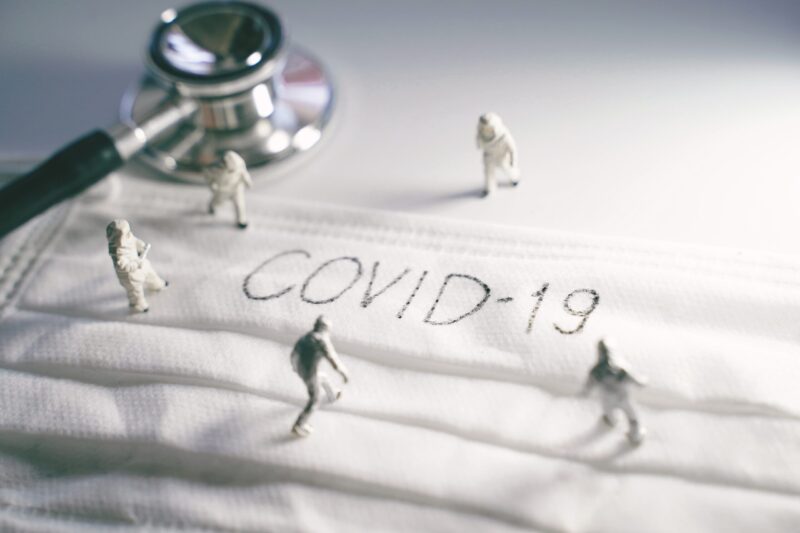Covid-19 vaccines do not cause significant metabolic changes, which eases concerns about potential long-term side effects, according to a study published on Monday.
The research, led by researchers from Murdoch University in Australia, followed 33 participants over 480 days, tracking 167 metabolic markers across 28 time points, according to Xinhua News Agency.
The results showed no meaningful impact on key health indicators, including inflammatory markers, cardiovascular risk factors, and molecules involved in energy metabolism.
“This real-world study shows that Covid-19 vaccines are safe and don’t cause significant metabolic changes,” said lead author Ruey Leng Loo, Associate Professor at the varsity.
“Our findings help counter misinformation and support confidence in vaccination,” Loo said.
Published in the Journal of Molecular Medicine, the research compared vaccinated participants with a control group who had never contracted COVID-19, as well as individuals who had experienced mild infections.
The metabolic profiles of vaccinated individuals closely matched those of the control group, further indicating that vaccines do not trigger major biological shifts, the study said.
Metabolic markers, including 34 cytokines, 112 lipoproteins, and 21 low-molecular-weight metabolites, remained largely stable post-vaccination.
While a slight, temporary increase in the inflammation-related marker Chemokine IP10 was observed after the third dose, levels remained within the normal range and returned to baseline before subsequent vaccinations, Loo said.
In contrast, even mild COVID infections were found to cause more pronounced metabolic disruptions than vaccination, she said. The expert noted that multiple doses do not produce the same biological disturbances seen after infection.
“While mild SARS-Cov-2 infections can cause more pronounced metabolic changes, the temporary fluctuations we observed after each vaccination were minor in comparison,” Loo said.
“These findings offer further reassurance to those hesitant about vaccination, demonstrating that multiple doses do not cause the same biological responses as the COVID-19 infections.
Although the results are promising, the team stressed the need for further research with larger and more diverse groups.
–IANS





